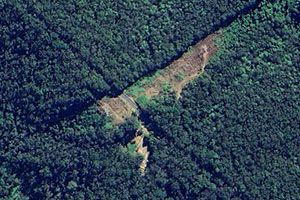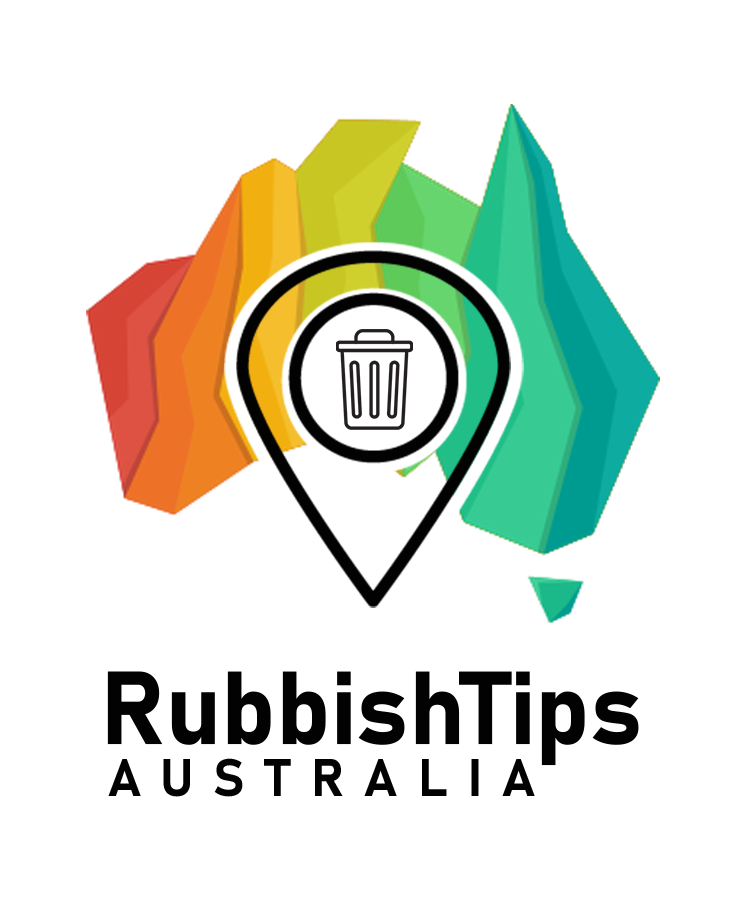
Mount Nebo Road, Queensland 4520, Australia
Accepted Materials
Metals, Green Waste, Clothes & Textiles, Paper & Cardboard, Plastics
More Info
Operating hours
Open 7 days, including public holidays.
October to March: 7:00 AM – 6:00 PM
April to September: 7:00 AM – 5:00 PM
Closed Christmas Day
FAQs
What options do I have for waste disposal besides using a landfill?
Beyond landfills, there are numerous alternatives for waste disposal, including recycling centres and transfer stations. These facilities allow you to recycle various materials like glass, paper, plastics, and electronics, ensuring that waste is processed in an environmentally friendly way. Transfer stations also provide an intermediary step where waste can be sorted before heading to its final destination, whether that’s a landfill or a recycling facility.
How do I pay for waste disposal at a landfill or rubbish tip, and what payment methods are accepted?
Payment methods at landfills and rubbish tips typically include card payments, which are widely accepted. However, it’s always a good idea to verify the available payment options before your visit, as some facilities may still accept cash. Knowing this ahead of time can help you avoid any inconvenience when you arrive to dispose of your waste.
Are there any specific items that I should not bring to a landfill or rubbish tip?
Yes, certain items are strictly prohibited from being disposed of at landfills and rubbish tips. These generally include hazardous materials like chemicals, explosives, flammable liquids, medical waste, and untreated asbestos. These items require special handling due to the risks they pose to human health and the environment. Always check with the facility to get a comprehensive list of prohibited items and to find out how to properly dispose of them.
Can I dispose of electronic waste at a landfill or rubbish tip, and if so, how should I do it?
Many landfills and rubbish tips do accept electronic waste (e-waste), such as old computers, televisions, and mobile phones. However, e-waste contains materials that are harmful to the environment if not handled correctly, so many facilities prefer that you take these items to designated recycling centres. These centres are equipped to safely dismantle and recycle e-waste, recovering valuable materials and reducing environmental harm.
What types of waste are generally accepted at landfills and rubbish tips?
Landfills and rubbish tips typically accept a wide range of waste, including general household rubbish, green waste like garden clippings, construction debris such as bricks and rubble, old furniture, and electronics. Some facilities are also equipped to handle hazardous waste, but it’s essential to confirm this with the site beforehand. Properly identifying and separating your waste before you go can ensure that everything is disposed of correctly and safely.
Will I need to provide proof of residency when using a landfill or rubbish tip?
In some cases, you may be required to show proof of residency to use a landfill or rubbish tip, especially if there are different fees or restrictions for residents versus non-residents. This is particularly common in areas where local residents receive discounted rates or where certain services are reserved for community members. It’s best to check with the facility in advance to understand their policies and to avoid any potential issues when you arrive.
Are there fees involved when dumping waste at a landfill or rubbish tip, and how are they calculated?
Yes, most landfills and rubbish tips charge fees for dumping waste. The cost usually depends on the type of waste you’re disposing of, its weight or volume, and the specific facility’s pricing structure. For example, construction materials might be charged differently than household waste. To avoid any surprises, it’s advisable to contact the facility ahead of time to inquire about their fee schedule and to understand how they calculate the charges.
What safety precautions should I follow when disposing of waste at a landfill or rubbish tip?
Safety is paramount when disposing of waste at a landfill or rubbish tip. Ensure that your load is securely fastened during transport to prevent debris from escaping, which could be hazardous to other drivers. Upon arrival, follow all posted safety guidelines, which may include wearing protective clothing like gloves and sturdy shoes, especially if you’re handling heavy or sharp objects. Always be aware of your surroundings, as these sites often have heavy machinery in operation.
Are there any size or weight restrictions for the waste I bring to a landfill or rubbish tip?
Some landfills and rubbish tips have specific restrictions on the size and weight of the vehicles or trailers that can enter the site. These restrictions are in place to ensure the safety and efficiency of the facility’s operations. For instance, larger vehicles might be required to use designated areas, or there could be limits on the total weight of the load. It’s important to verify these restrictions with the facility beforehand to ensure that your vehicle and load comply with their regulations.
Should I separate my waste before taking it to a landfill or rubbish tip, and why is this important?
Yes, separating your waste into different categories—such as recyclables, green waste, and general rubbish—is highly recommended. This not only helps reduce the amount of waste going to landfills but also ensures that materials like glass, paper, and plastics can be recycled properly. By sorting your waste, you contribute to more efficient waste management and help protect the environment by diverting reusable materials away from landfills.
Recent Posts
